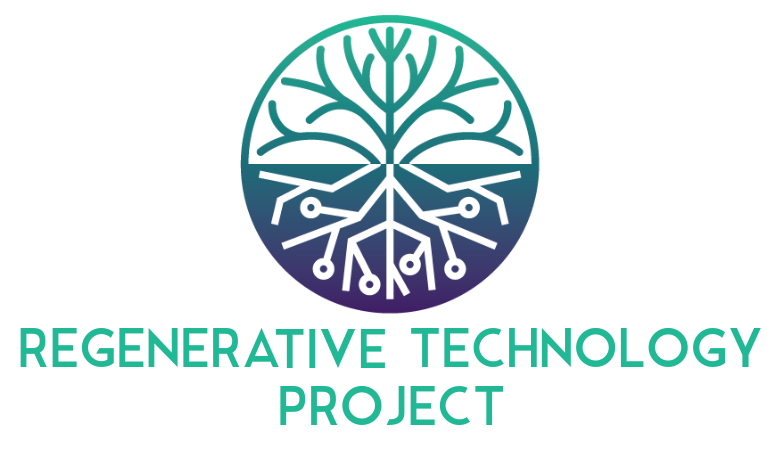Earth Species Project
More than 8 million species share our planet. We only understand the language of one.
Description
Earth Species Project is a non-profit research lab and impact organization focused on using artificial intelligence to advance our understanding of animal communication, and ultimately to decode non-human languages. The organization is founded on the belief that understanding non-human languages will transform how we perceive the world and our relationship with the rest of nature. Their work involves developing machine learning models to interpret animal sounds and movements. While "decoding" communications are a long-term objective, the ESP supports other organizations along the way by supplementing animal and ecological research; supporting existing conservation efforts; and contributing to the fields of ethology, bioacoustics, and machine learning by making their research public.
What Makes it Regenerative?
- supports animal wellbeing
- supports ecosystem remediation
- enables measuring & monitoring
- enables access & participation
Business Model
Earth Species Project was started under the fiscal sponsorship of the Internet Archive in 2017. As a nonprofit, Earth Species Project currently relies on grants, donations, and fundraising events to cover their research and operational costs. They may also partner with research institutions or universities that contribute funding or expertise.
Risks & Limitations
- Deciphering complexity: animals use a combination of sounds, body language, and even electrical signals to communicate; can humans or machines grasp complexity of animal communication?
- Species diversity: the vast number of species on earth, each with potentially unique communication methods, could be overwhelming for ai algorithms, or time/data needed to understand
- Misinterpretation/ erroneousness: ai models are only as good as the data they're trained on. there's a risk of misinterpreting or anthropomorphizing animal signals, leading to inaccurate or misleading conclusions about their behavior.
- Unintended consequences: understanding animal communications (or only that of some animals) might lead to unintended consequences, like disrupting established communication patterns or making animals more vulnerable to human exploitation.
- Animal welfare: how will data collection methods impact the animals involved? what animal rights should be respected?
Tags
Website
Location
Berkeley, CA
Support this Initiative
Are you part of this initiative? Help others help you through Mutual Aid. Claim this listing, fill out the mutual aid form with ways others can support this initiative, and they will automagically appear here.
To activate Mutual Aid, claim this listing and then fill out the mutual aid form.
